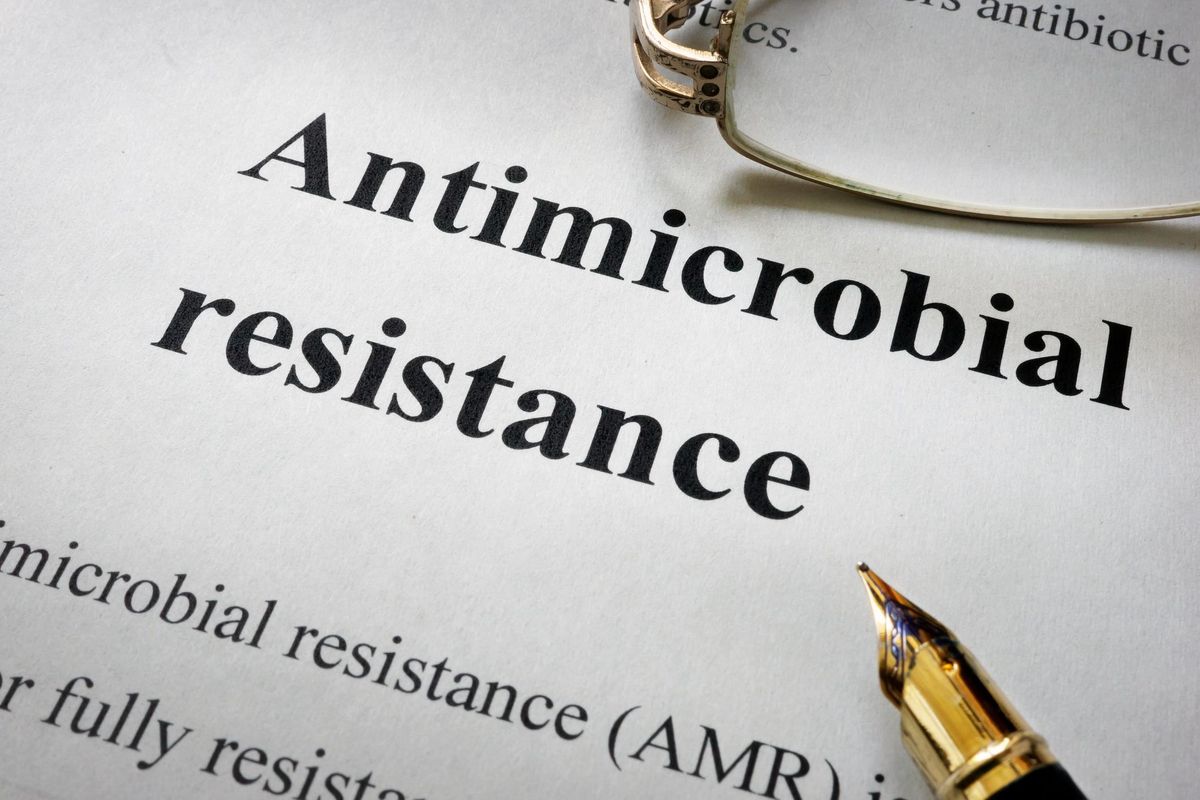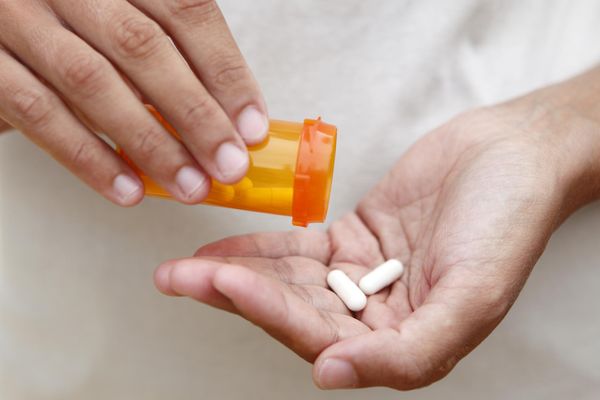Reviewed by Elizabeth Asiago-Reddy, M.D.
- Antimicrobials are medicines used to prevent and treat infections caused by bacteria, viruses, fungi and parasites found in humans, animals and plants.
- Antimicrobials include antibiotics, antivirals, antifungals and antiparasitics. They have saved millions of lives and are one of history's most important medical breakthroughs.
- Antimicrobial resistance (AMR) occurs when microbes (bacteria, viruses, fungi and parasites) change over time and no longer respond to the medicines that once treated them.
- AMR makes certain infections more difficult to treat and increases the risk of the spread of disease, severe illness and even death.
- Currently, more than 700,000 people die from AMR per year.
- Resistant microbes are also known as "superbugs."
- Not very many new antibiotics are being made, which means that it's important to try to keep existing bacteria from becoming resistant to the treatments we do have.
- Microbes develop resistance, not people. Drug-resistant infections can affect anyone.
- If AMR develops, common infections and injuries that were once easy to treat become more dangerous. Without effective antimicrobial medicines, things like routine surgeries, medical procedures, common illnesses and minor injuries such as cuts can become life-threatening.
- The overuse and misuse of antimicrobials speeds up the development of resistant infections and reduces the effectiveness of current treatments. Prescribing antimicrobials more cautiously and teaching people to take them more responsibly can help fight AMR and make sure that life-saving medicines will be available for future generations.
How to protect yourself and slow down the spread of AMR
- Speak to your healthcare provider (HCP) about your risks for certain infections.
- Keep cuts clean and covered until healed.
- Stay up-to-date on recommended vaccines.
- Wash your hands regularly to prevent infections, avoid getting sick and keep from spreading germs. Also, wash your hands after touching, feeding or caring for animals.
- Use antimicrobials only when needed and prescribed by your HCP. Remember that the vast majority of upper respiratory infections, such as colds and bronchitis, do not require treatment with antimicrobials.
- Prepare food safely to avoid foodborne infections.
- Eat meat and dairy made from animals that have not been given antibiotics.
- Prevent sexually transmitted infections by choosing safer sexual activities and using condoms. Gonorrhea, a common STD, can be resistant to the drugs designed to treat it.
- See a travel physician before international travel. AMR is especially common in some locations outside the United States.
This resource was created with support from Pfizer Inc.
From Your Site Articles
- Science and Technology - HealthyWomen ›
- Why Antimicrobial Resistance Is a Threat We Need to Take ... ›
- The Biden Administration Needs to Wage War Against Antimicrobial ... ›
- The Global Threat of Superbugs - HealthyWomen ›
- How Healthcare Providers and Patients Can Limit the Spread of Antimicrobial Resistance - HealthyWomen ›
- 5 Things You Should Know About Antimicrobial Resistance (AMR) and Covid-19 - HealthyWomen ›
- How Superbugs Put Cancer Patients at Risk - HealthyWomen ›
- Sexually Transmitted Infections (STIs) and Drug Resistance - HealthyWomen ›
- Sexually Transmitted Infections (STIs) and Antimicrobial Resistance - HealthyWomen ›
- You, Too, Can Fight AMR! - HealthyWomen ›
- Antimicrobial Resistance and Women - HealthyWomen ›
Related Articles Around the Web







